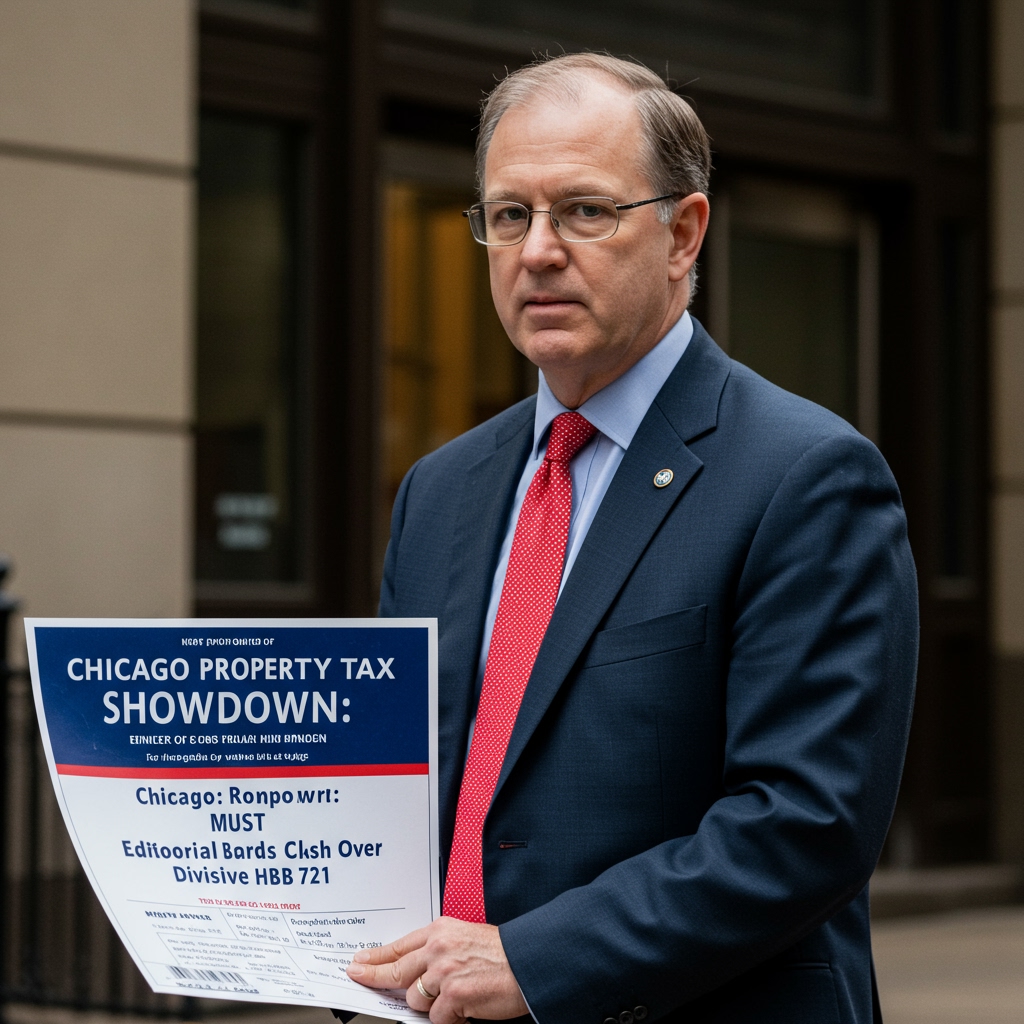The global fight against HIV/AIDS, a battleground where the United States has long been a champion, now faces an unprecedented crisis. The Trump administration’s sweeping freeze on foreign aid and the subsequent dismantling of critical agencies like the U.S. Agency for International Development (USAID) have not only disrupted but actively crippled programs vital to combating the epidemic, including the landmark President’s Emergency Plan for AIDS Relief (PEPFAR).
This aggressive policy shift, driven by an “America First” agenda, threatens to unravel over two decades of hard-won progress, potentially leading to millions of preventable deaths and infections. The implications for global health security are profound, with experts warning of a catastrophic reversal in the fight against AIDS.
The Pillars of Global AIDS Relief Under Threat
For years, PEPFAR has stood as a monumental achievement in U.S. foreign policy and global public health. Launched in 2003, it has been credited with saving an estimated 25 million lives worldwide and preventing millions of new HIV infections. PEPFAR’s comprehensive approach, funded substantially through USAID, provided not only life-saving antiretroviral therapy (ART) but also critical prevention services, testing, and support for orphans and vulnerable children in over 50 countries, many of which are heavily reliant on this U.S. assistance.
USAID, itself a decades-old agency, has been the engine driving many of these life-saving initiatives. Its dissolution, marked by the cancellation of the vast majority of its contracts, signals a radical departure from established U.S. commitments to international development and health.
The “America First” Assault on Public Health
Since taking office, the Trump administration has implemented a series of executive actions that have fundamentally altered America’s role in global health. A sweeping freeze on foreign aid, initiated in January 2025, followed by a “stop-work order” and the announced dissolution of USAID, has effectively halted or severely curtailed many programs. This strategic redirection of resources, framed as aligning with “core national interests,” has been met with widespread condemnation from public health organizations, global leaders, and the United Nations.
The impact has been immediate and devastating. Reports from UNAIDS and other international bodies detail clinic closures, the termination of health worker contracts, shortages of essential medicines like ART and pre-exposure prophylaxis (PrEP), and a significant reduction in HIV testing and prevention outreach, particularly affecting vulnerable populations such as LGBTQ+ individuals and adolescent girls.
A Looming Catastrophe: Millions of Lives at Risk
The consequences of these funding cuts are not theoretical; they are projected to be starkly human. Modeling studies predict a grim future: UNAIDS forecasts that if these cuts remain permanent, there could be upwards of 4 million additional AIDS-related deaths and 6 million new HIV infections globally by 2029. Other analyses estimate that a mere 90-day funding pause could result in tens of thousands of excess deaths in Africa alone, with projections suggesting that between 2025 and 2030, the world could see an additional 4.43 to 10.75 million new HIV infections and between 0.77 to 2.93 million HIV-related deaths.
These figures highlight a terrifying potential reversal of decades of scientific and programmatic success. The disruption to HIV prevention, including the rollback of access to PrEP and crucial community-based services, risks fueling new outbreaks and undermining efforts to control the epidemic at its source. Furthermore, the damage extends beyond direct HIV care, weakening national laboratory capacities and disease surveillance systems essential for detecting and responding to all infectious disease threats, from tuberculosis to future pandemics.
A Call to Action from Chicago and Beyond
As noted by Nick Patricca, a professor emeritus at Loyola University Chicago, the current situation is deeply concerning. His commentary underscores that interrupted treatment and prevention today invariably lead to avoidable infections, deaths, and escalating future costs. This sentiment is echoed across the globe, as health advocates and policymakers grapple with the fallout. The news of these cuts and program disruptions serves as a critical editorial on the fragility of global health initiatives when subjected to abrupt policy shifts.
The administration’s actions have not only jeopardized patient care but have also damaged the United States’ standing as a reliable partner in global health. The systematic dismantling of USAID and the proposed deep cuts to global health budgets for FY2026 signal a retreat from leadership that has historically been bipartisan and deeply valued.
Conclusion: Reversing Course is Imperative
The severe cuts to global AIDS service programs, particularly PEPFAR and USAID, initiated by the Trump administration represent a grave threat to global public health. They risk undoing years of progress, costing millions of lives, and destabilizing health systems worldwide. Restoring predictable financing and depoliticizing these crucial health operations are immediate imperatives. The potential for millions of casualties is a stark reality that demands immediate attention and a recommitment to the U.S.’s vital role in the global fight against AIDS. The world looks to U.S. leadership not for disruption, but for continued partnership and support in safeguarding global health.















